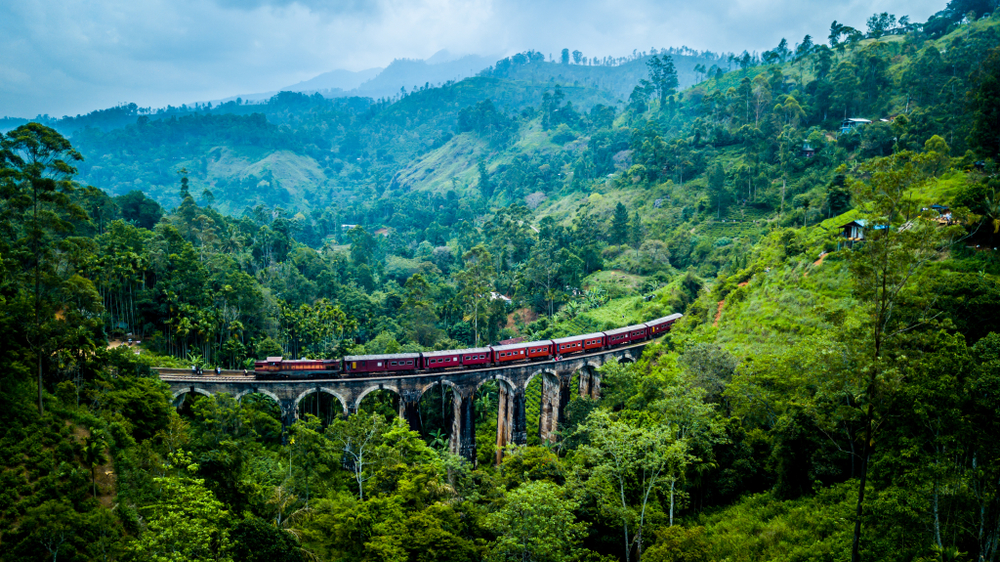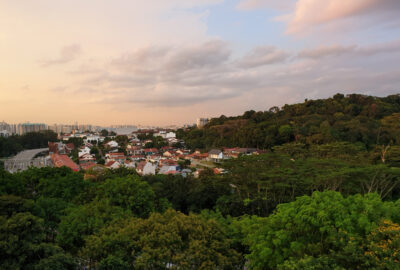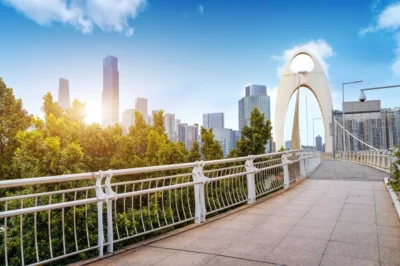Sri Lanka’s tourism sector shows signs of recovery after two years
This includes the announcement of the “Golden Paradise Visa Program”

The pandemic had put global tourism on hold, putting Sri Lanka in a difficult position. However, according to officials in the tourism sector, the country is slowly beginning to recover.
The Sri Lankan government has announced the “Golden Paradise Visa Program,” which involves long-term visas that would be sold to foreigners for at least USD100,000, reported the Times of India. These will allow them to live and work in Sri Lanka for the next decade. These are also projected to bring much-needed foreign currency into the country. Five-year visas are also available to foreigners willing to invest at least USD75,000 for an apartment anywhere in Sri Lanka.
Xinhua reported that recently, Cambodia and Sri Lanka signed a memorandum of understanding (MoU) on tourism cooperation, opening more opportunities for direct flights and tourism exchanges between the two countries.
Currently, there are no direct flights connecting the two countries, so passengers from Sri Lanka must fly through Thailand, Malaysia, or Singapore before arriving in Cambodia.
More: International tourism in Sri Lanka recoups in 2022 albeit Omicron risk
“Both sides have agreed to organize Buddhist tourism events in the future,” said Cambodian Tourism Minister Thong Khon, adding that both sides will be exploring more possibilities for tourism cooperation.
Bangladesh cleared a USD200 million currency swap facility for Sri Lanka in May of last year, making it the first South Asian country to provide critical financial assistance to Colombo, according to Firstpost.
Sri Lanka was originally given three months to settle the payment, but as the country’s economic crisis worsened, the term was extended several times at Sri Lanka’s request.
Due to the pandemic, the tourism sector, Sri Lanka’s primary source of foreign exchange, has been seriously affected, and the country has been struggling to manage its reserves. The country’s economic situation is exacerbated by a lack of foreign currency, meaning it cannot afford to pay for imports of goods and fuel, resulting in severe shortages and inflated costs.
The Property Report editors wrote this article. For more information, email: [email protected].
Recommended
Meet the expert helping overseas investors crack Australia’s property market
Ivan Lam of property advisors Charter Keck Cramer helps clients navigate Australia’s complex real estate dynamics
6 spots to check out in Singapore’s Bukit list neighbourhood
The sought-after Singapore neighbourhood offers lifestyle amenities, green space, and new residential projects
Thailand’s real estate sector watches closely as the Shinawatras return to power
Time will tell if the return to power in Thailand of the Shinawatras will lift the country’s ailing real estate sector
China’s homebuying surge: Can new stimulus measures keep the market rally alive?
Stimulus measures have sparked a surge in homebuying activity around China, but many are sceptical the shift will endure







